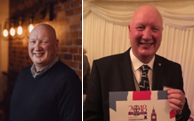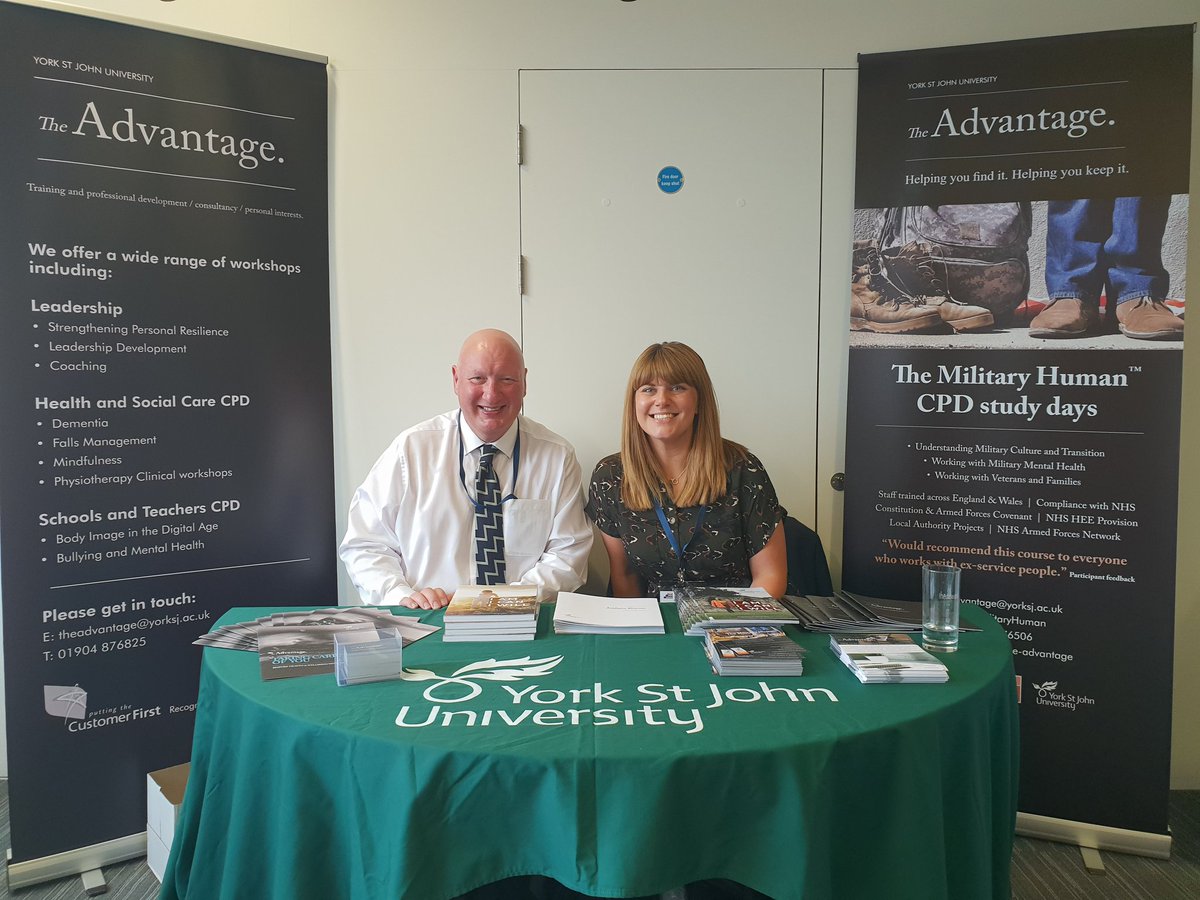The first Pathfinder Armed Forces & Veterans Resettlement Expo, sponsored by BAE Systems, is only two weeks away.
Yesterday we announced Steve Heaney MC as our first guest speaker.
Today, we are delighted to add York St. John University’s Nick Wood as our second speaker for the event.

Nick is the Education and Development Lead (Military Culture and Transition) at York St. John University. He developed the Military Human series of CPD training courses in 2012. Nick was a Soldiering On Awards finalist in 2018 and was formerly in the Royal Navy.
Pathfinder International editor, Mal Robinson caught up with Nick ahead of his confirmed attendance at the Expo on November 1. To register for the event and claim your free ticket, please visit: https://www.eventbrite.co.uk/e/the-bae-systems-armed-forces-veterans-resettlement-expo-tickets-48596043073
You talk about the emotional side of leaving the military, why do you think this isn’t addressed as much as it should be?
“When new recruits join the Armed Forces they enter an environment where the concept of teamwork, selflessness, core values, sense of belonging and family are central and critical to being a accepted member of the Armed Forces. People join up from a wide range of backgrounds and life experiences with different aspirations, needs and reasons and importantly when they are in their formative years (16 – 25) when a sense of self, identity and resilience are being developed. Entering and becoming part the military requires a significant amount of personal physical and emotional investment on the part of the new recruit especially when embracing military core values and ethos.
The military rely heavily on this and it could be argued that without such an environment and embedded core values the lives of friends, colleagues and comrades will be put at risk.
To become part of the military family requires a significant investment of human emotions in other human beings, but generally within the military setting these are not discussed as many may feel that they might be ‘letting the side down’ if they show what might be perceived by others as a ‘weakness’. Therefore, when someone leaves an environment which relies heavily on human emotional investment, it is not uncommon for service leavers to experience feelings of ‘loss’ and ‘cultural disorientation’ especially around the sense of belonging, selflessness, family, social network and comparing non-military organisation core values. This may explain why many service leavers state that ‘Civvies don’t Understand’ and gravitate towards or choose civilian professions such as the Police, Ambulance Service, Prison Service and Fire Service that may replicate a similar working environment because of the reliance on their staff to demonstrate a similar ethos as the military.”
What can we expect to hear from you on the day of the Expo?
“Having served in the Royal Navy myself, I will talk about the Human journey of joining up, the experience of being in the military, sense of belonging and military core values that encourage selflessness, resilience and duty. How military personnel interact and live within the environment where ‘I’ statements are replaced with ‘we’ statements but can appear too many, to be absent in civilian settings. Explore why some feel a sense of ‘loss’ when they leave the military and that it’s okay to talk about it. Because if we accept the common fact that everyone that joins the military is a ‘Human Being’, it should not therefore be unreasonable, to expect that there will be an emotional reaction when leaving an environment where a sense of self, purpose and family have originated and been the norm. Ironically, anecdotal evidence suggests that this area of transition to civilian life is a mostly absent in transition briefings.”

